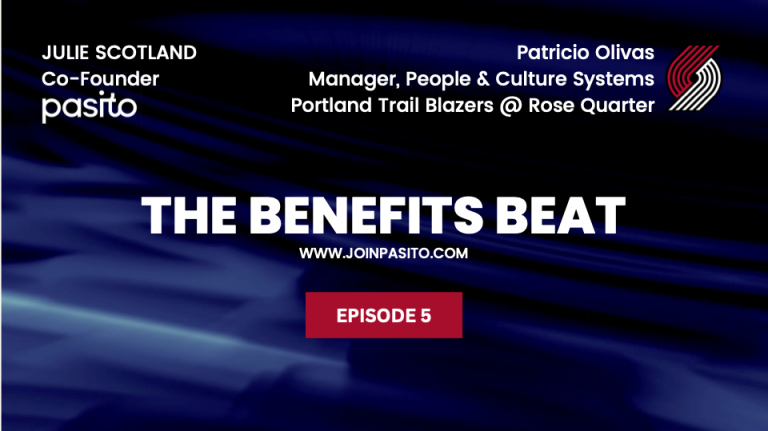Almost 30 years ago, President Bill Clinton signed the Family Medical Leave Act (FMLA) into law to promote a work-life balance and preserve family integrity. FMLA maternity leave provides job security and continued medical insurance coverage for eligible parents. The law offers eligible employees unpaid job protection for up to 12 weeks per year. In addition, FMLA requires employers to maintain group health benefits for you during your parental leave.
Read on to learn if you are eligible for FMLA maternity leave and how its benefits can enhance your financial well-being. You should plan ahead in case the benefits provided under FMLA are not sufficient to secure your family’s financial wellness.

What are the benefits of FMLA maternity leave?
- You have access to 12 weeks of unpaid leave for the birth and care of a child, adoption of a child, or foster care placement of a child
- Continued health insurance coverage for you during your 12 weeks of unpaid leave. Employers are required to maintain health insurance for you
- You will have job security. FMLA ensures you will be able to return to your previous role or an equivalent role at the company without harm to your salary or benefits
How do I know if I am eligible for benefits provided by FMLA maternity leave?
- First, determine if your employer is covered. Covered employers include:
- All public agencies, public and private elementary schools, and secondary schools
- Private sector companies with 50 or more employees in your workplace
- Then, determine if you have sufficient tenure (have worked at the company long enough):
- Employees who have worked for a covered employer for 12 months are eligible
- The 12 months do not need to be consecutive in order to qualify for FMLA leave
How do I proceed if I’m eligible for FMLA maternity leave?
- Provide your employer 30-day advanced notice, or as much notice as possible under your circumstances
- Confirm with your employer that they agree you are eligible for leave within 5 business days of submitting your initial notice
- Review your rights and responsibilities under the FMLA with your employer
- Maintain records or copies of your timely request for leave and the information exchanged with your employer. While it is your employer’s responsibility to maintain records of FMLA leave requests, dates, and payments, it is vital for you to also keep a record of this information to protect yourself in case there are any issues
- Respond to your employer’s request for information about the status of your return to work
Other FMLA specifics to keep in mind:
- You may take FMLA maternity leave before the actual birth or placement of your child
- If you are unable to work because of a serious medical condition (this includes pregnancy), you may be eligible for FMLA
- You can also take FMLA leave to care for an immediate family member with a serious health condition
- You may take FMLA leave intermittently. However, you will need your employer’s permission. Under the law, after the birth or placement of a child, you are required to use FMLA as a continuous block unless your employer agrees to allow intermittent leave
- You may elect to use, or your employer may require you to use, your accrued paid vacation leave, paid sick leave or paid family leave for some or all of your FMLA leave period
If you’d like additional information about FMLA visit The United States Department of Labor website.
Learn more about parental leave in our free webinar
Pasito is offering a free webinar about the American Families Plan which will provide additional maternity and paternity leave information and support for parents. Get the webinar invite as soon as it goes out by subscribing to the Pasito email list here (we won’t give your email away!).
Get your finances in order before your little one arrives
If you are expecting a new baby and anxious about what steps to take to improve your financial security and wellbeing, refer Pasito to your company Through personalized benefits and financial guidance, Pasito helps you cut down on thousands of taxes annually—at no cost to you. These tax savings can then be distributed elsewhere (think: baby expenses), thus increasing your financial wellness.
Disclaimer: We try our best to provide you helpful content. However, we do not offer financial, legal, or tax advice. Please speak with a professional about your personal situation.








